A new study unveils why humans evolved to prioritize short-term gratification over better long-term outcomes.


A new study unveils why humans evolved to prioritize short-term gratification over better long-term outcomes.
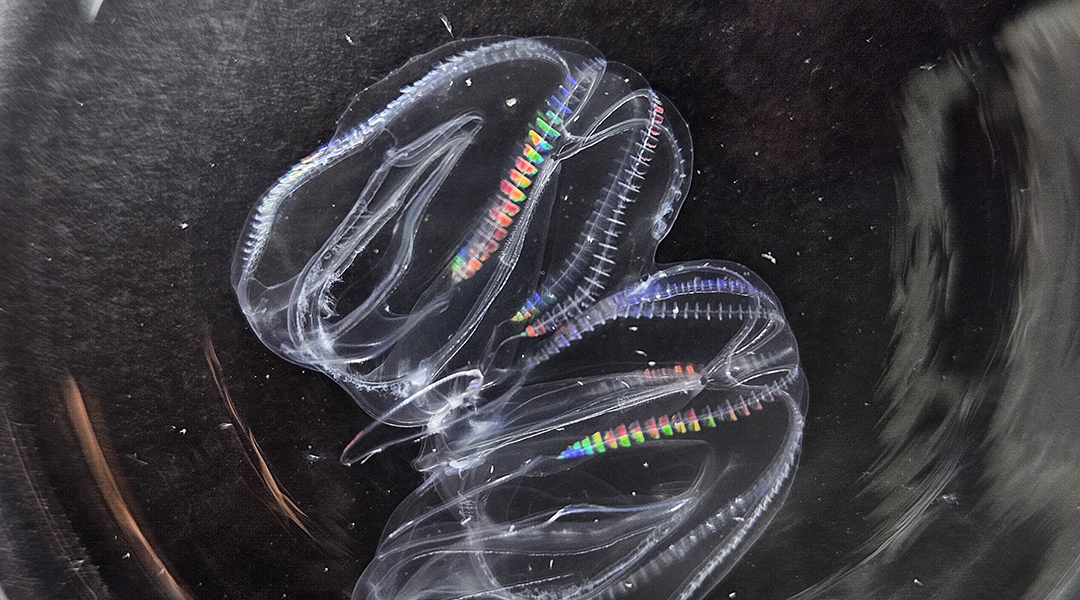
Two individual comb jellies can fuse into a single organism, providing an incredible feat of regeneration rarely seen in the animal world.
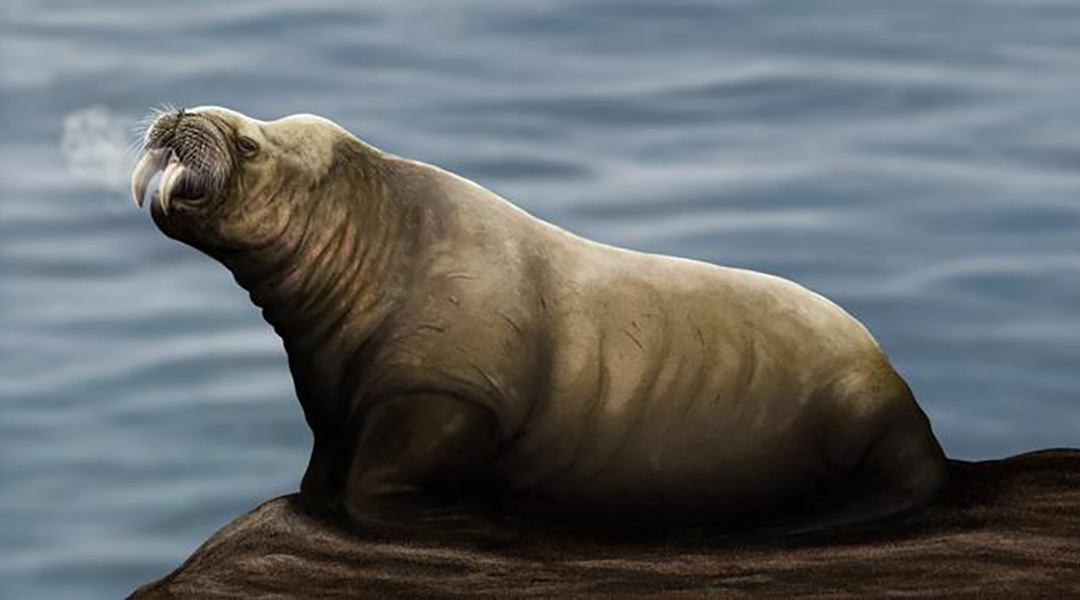
The extinct species, named Ontocetus posti, lived nearly two million years before the modern walrus emerged.
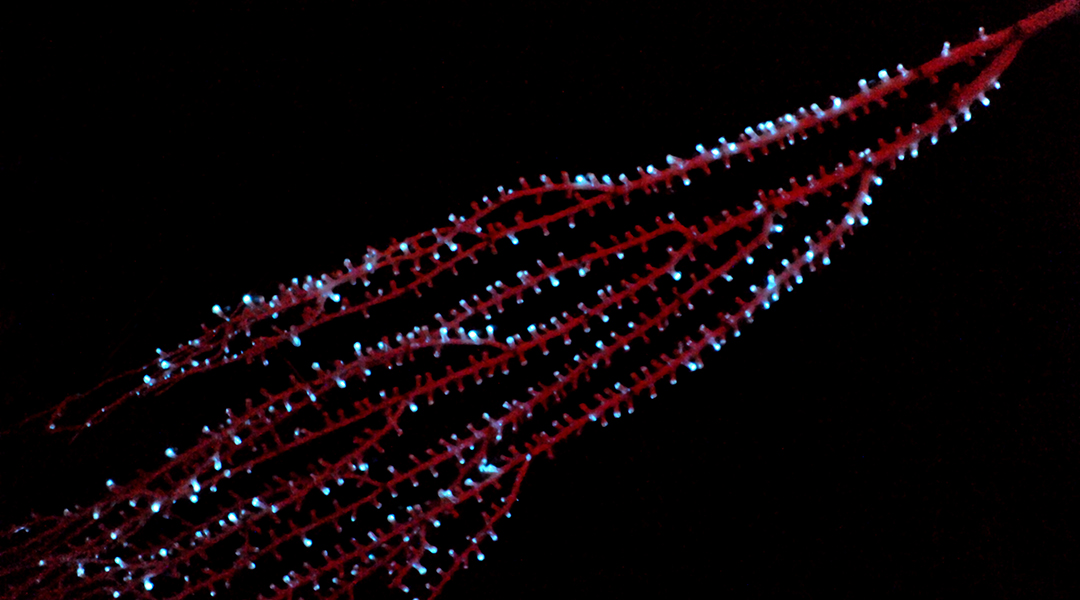
Bioluminescence has evolved independently in species time and again, but why this happened and when it first appeared has been a mystery.
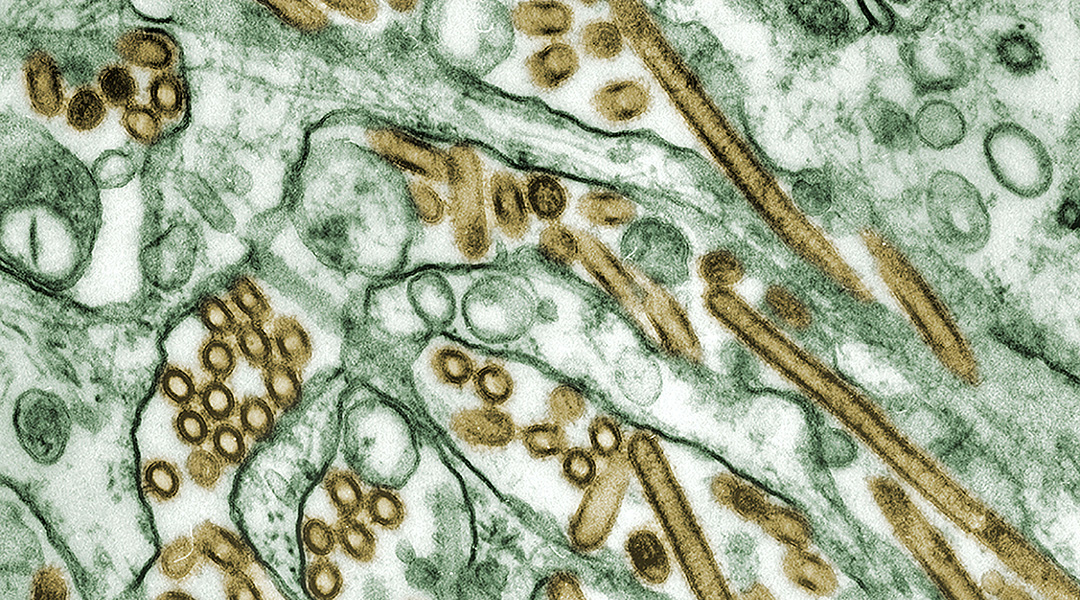
Ancient viral DNA, once thought junk, now regulates embryo development in mice, revealing complex host-virus interactions.
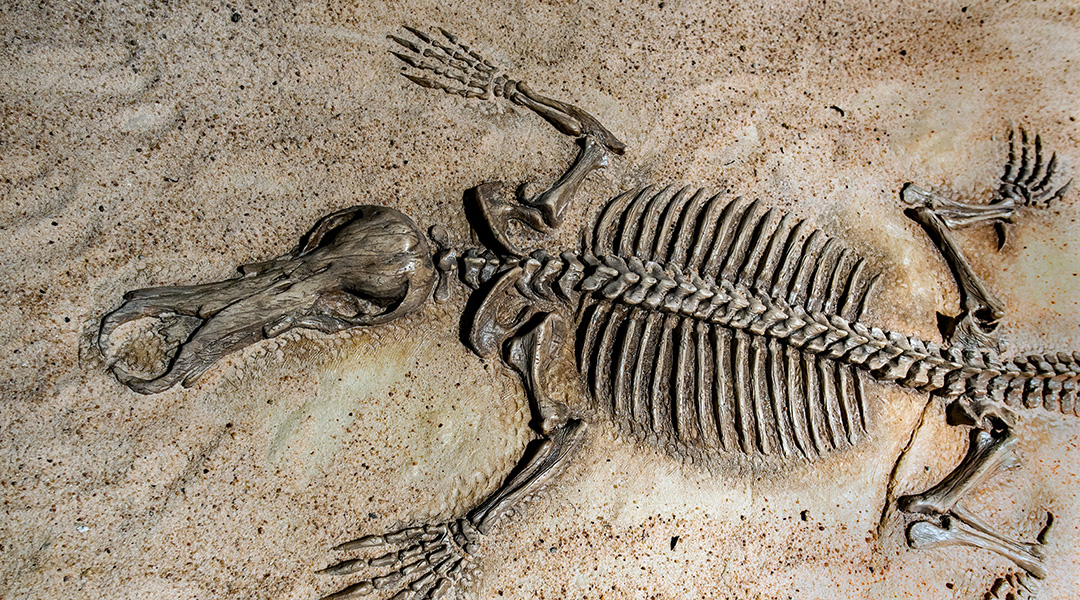
A new theory suggests dinosaurs’ impact on early mammals’ evolution may explain variations in aging among present-day animals.